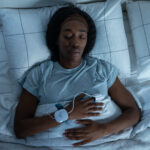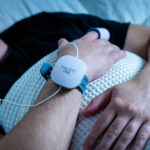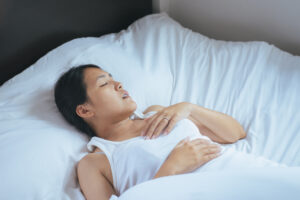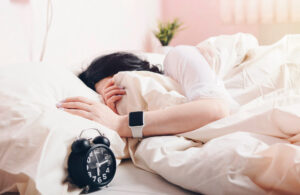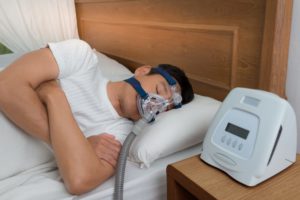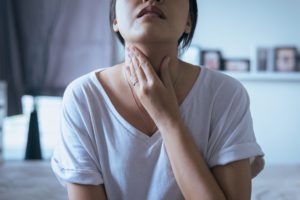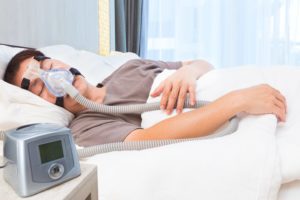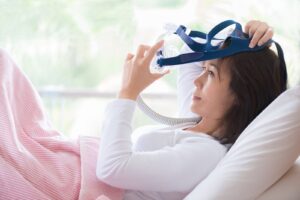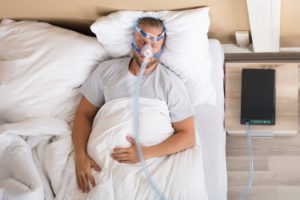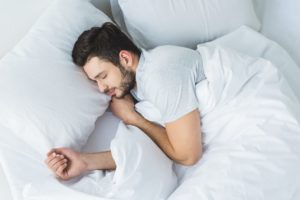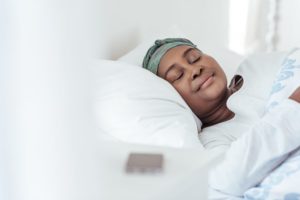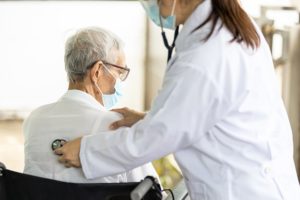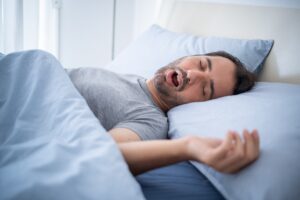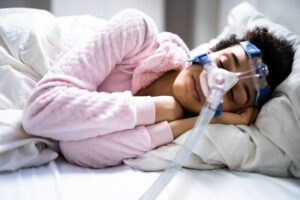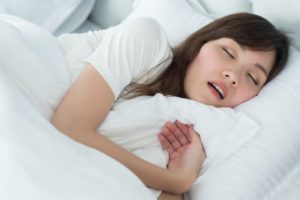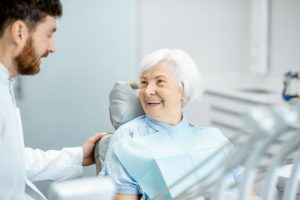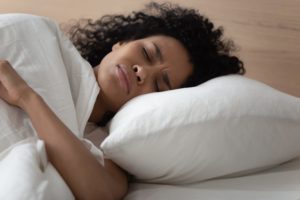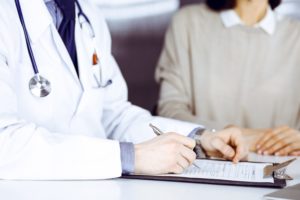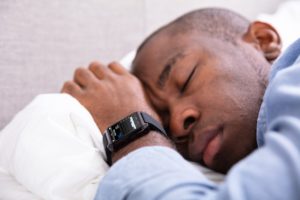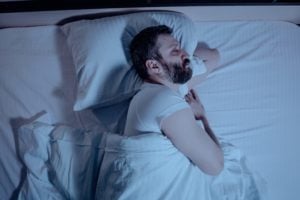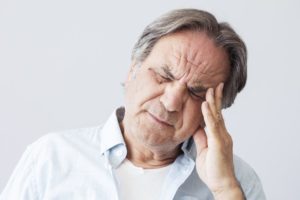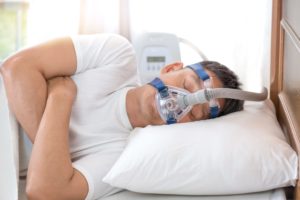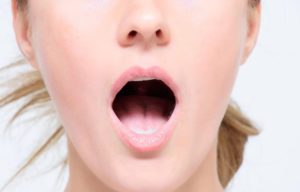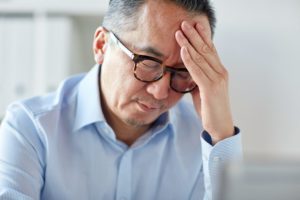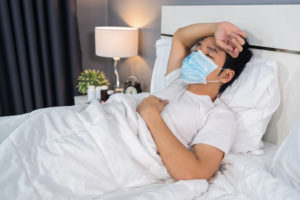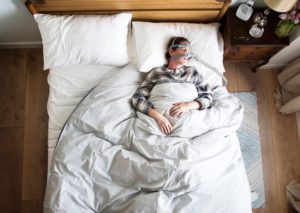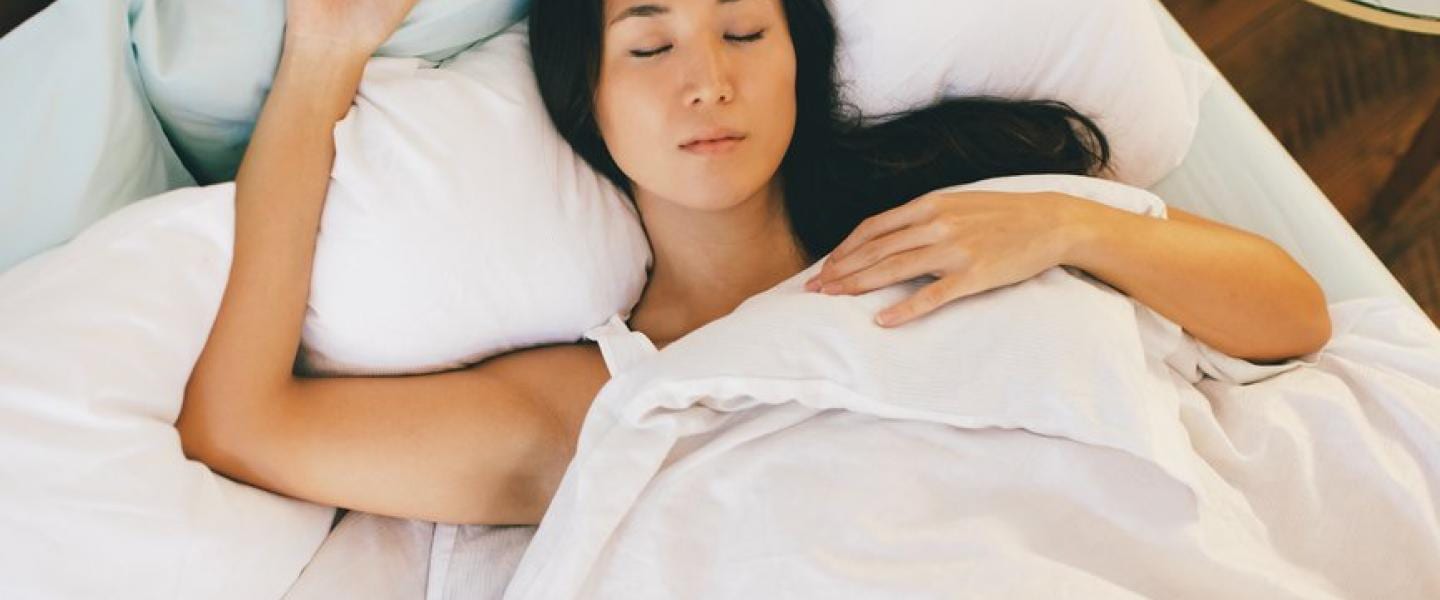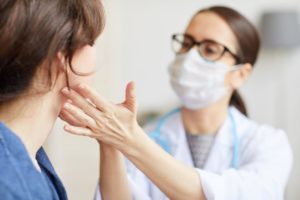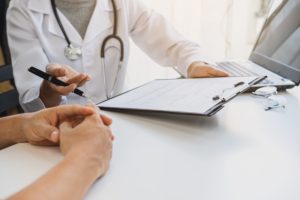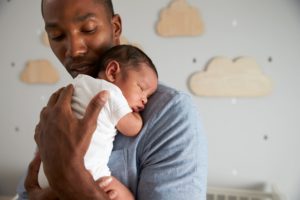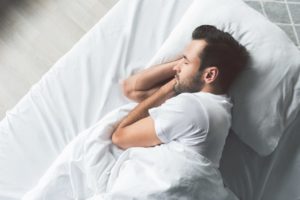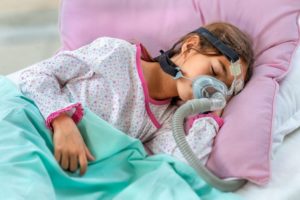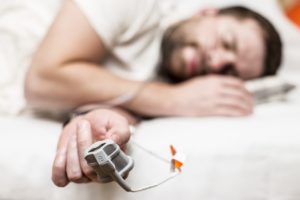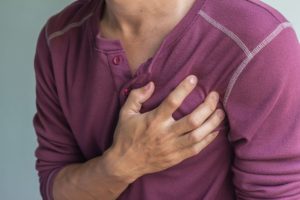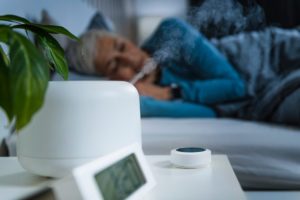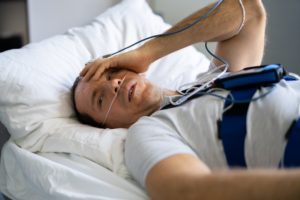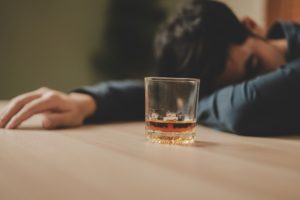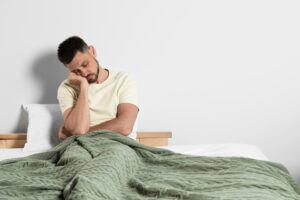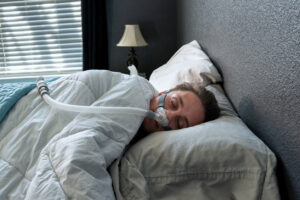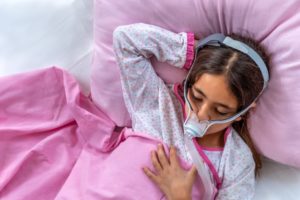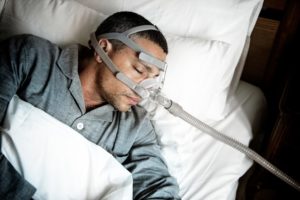When you buy through our links, we may earn a commission. Products or services may be offered by an affiliated entity. Learn more.
Sleep Apnea and Physical Exercise
Obstructive sleep apnea (OSA) is a common sleep disorder estimated to affect 15% to 30% of men and 10% to 15% of women. People with OSA experience an increased number of lapses in breathing as they sleep, which often leads to other symptoms like snoring or daytime sleepiness.
Since OSA and obesity are linked, people may wonder if exercise or weight loss can help treat the disorder. We cover how exercise and weight loss impact people with sleep apnea, which types of exercises have been studied, and when to talk to a doctor.
Does Exercise Help Sleep Apnea?
Exercise can reduce the severity of obstructive sleep apnea, even when it does not lead to significant weight loss. For people with OSA, exercise can lead to multiple helpful outcomes, including:
- Reduced number of lapses in breathing during sleep
- More time in bed spent sleeping
- Reduced daytime sleepiness
- Higher quality of life
- Improved cardiovascular fitness and muscular strength
- Improved attention and cognitive function
- Weight loss
Experts routinely recommend that people with obstructive sleep apnea exercise to the extent that they can. Exercise may lessen OSA symptoms by reducing the amount of bodily fluids that shift when a person lies down, which puts less pressure on the upper airway during sleep.
Think You May Have Sleep Apnea? Get Help Today
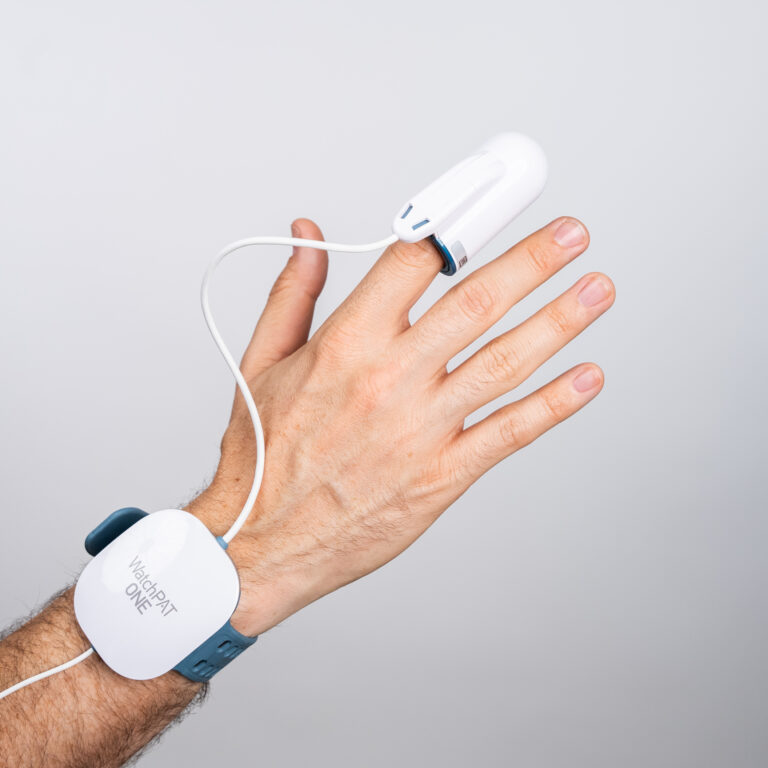
our partner at sleepdoctor.com
10% off Home Sleep Tests
Buy Now“Truly grateful for this home sleep test. Fair pricing and improved my sleep!”
Dawn G. – Verified Tester
Can Weight Loss Improve Sleep Apnea?
Losing weight is tied to a reduction in OSA symptoms and daytime sleepiness. Similarly, gaining weight is tied to OSA symptoms worsening.
Weight loss seems to especially help people with mild or moderate OSA, and the reduction in their OSA symptoms after weight loss may last for years, even if they regain some of the weight. People who have severe OSA generally see a smaller change in OSA symptoms after weight loss.
Experts also routinely recommend that people who have OSA and are overweight or obese engage in exercise, diet changes, and other strategies focused on weight loss.
After weight loss, some people may experience resolution of OSA.
Exercises to Reduce Sleep Apnea Symptoms
Researchers have studied how multiple types of exercise impact people with OSA. These types have been found to reduce OSA symptoms:
- Walking or jogging
- Tai chi
- Bicycling
- Elliptical trainer use
- Resistance training
- A mix of aerobic exercise and resistance training
When to Talk to Your Doctor
If you experience symptoms of obstructive sleep apnea, see a doctor. People who have OSA may snore, gasp, or stop breathing during sleep, feel very sleepy upon waking up and throughout the day, experience headaches, and fall asleep easily while driving, reading, or watching TV.
Many people with OSA do not know that they stop breathing, snore, or gasp as they sleep. If a bed partner, family member, or housemate tells you that you do these things while asleep, see your doctor. A doctor can ask questions and conduct tests to determine if OSA is an issue you might be dealing with.
Treating OSA is immensely important. When OSA goes untreated, a person may face a greater risk for anxiety, depression, work or school problems, vehicle accidents, high blood pressure, heart attack, stroke, and heart failure. While exercise may reduce OSA symptoms, people should not assume that if they exercise, they can avoid testing and treatment.

Still have questions? Ask our community!
Join our Sleep Care Community — a trusted hub of sleep health professionals, product specialists, and people just like you. Whether you need expert sleep advice for your insomnia or you’re searching for the perfect mattress, we’ve got you covered. Get personalized guidance from the experts who know sleep best.
References
6 Sources
-
Malhotra, A. (2023, November 20). Obstructive sleep apnea: Overview of management in adults. In N. Collup & G. Finlay (Ed.). UpToDate., Retrieved November 30, 2023, from
https://www.uptodate.com/contents/obstructive-sleep-apnea-overview-of-management-in-adults -
Bollens, B., & Reychler, G. (2018). Efficacy of exercise as a treatment for Obstructive Sleep Apnea Syndrome: A systematic review. Complementary therapies in medicine, 41, 208–214.
https://pubmed.ncbi.nlm.nih.gov/30477841/ -
Ueno-Pardi, L. M., Souza-Duran, F. L., Matheus, L., Rodrigues, A. G., Barbosa, E. R. F., Cunha, P. J., Carneiro, C. G., Costa, N. A., Ono, C. R., Buchpiguel, C. A., Negrão, C. E., Lorenzi-Filho, G., & Busatto-Filho, G. (2022). Effects of exercise training on brain metabolism and cognitive functioning in sleep apnea. Scientific reports, 12(1), 9453.
https://pubmed.ncbi.nlm.nih.gov/35676287/ -
Kline C. E. (2016). Exercise: shifting fluid and sleep apnoea away. The European respiratory journal, 48(1), 23–25.
https://pubmed.ncbi.nlm.nih.gov/27365507/ -
Peng, J., Yuan, Y., Zhao, Y., & Ren, H. (2022). Effects of Exercise on Patients with Obstructive Sleep Apnea: A Systematic Review and Meta-Analysis. International journal of environmental research and public health, 19(17), 10845.
https://pubmed.ncbi.nlm.nih.gov/36078558/ -
Iftikhar, I. H., Kline, C. E., & Youngstedt, S. D. (2014). Effects of exercise training on sleep apnea: a meta-analysis. Lung, 192(1), 175–184.
https://pubmed.ncbi.nlm.nih.gov/24077936/


